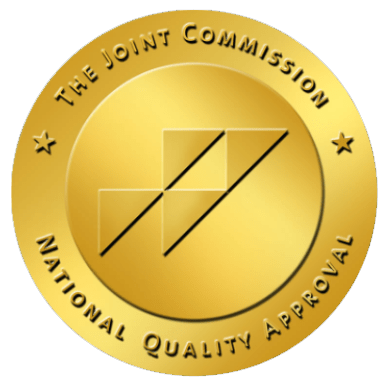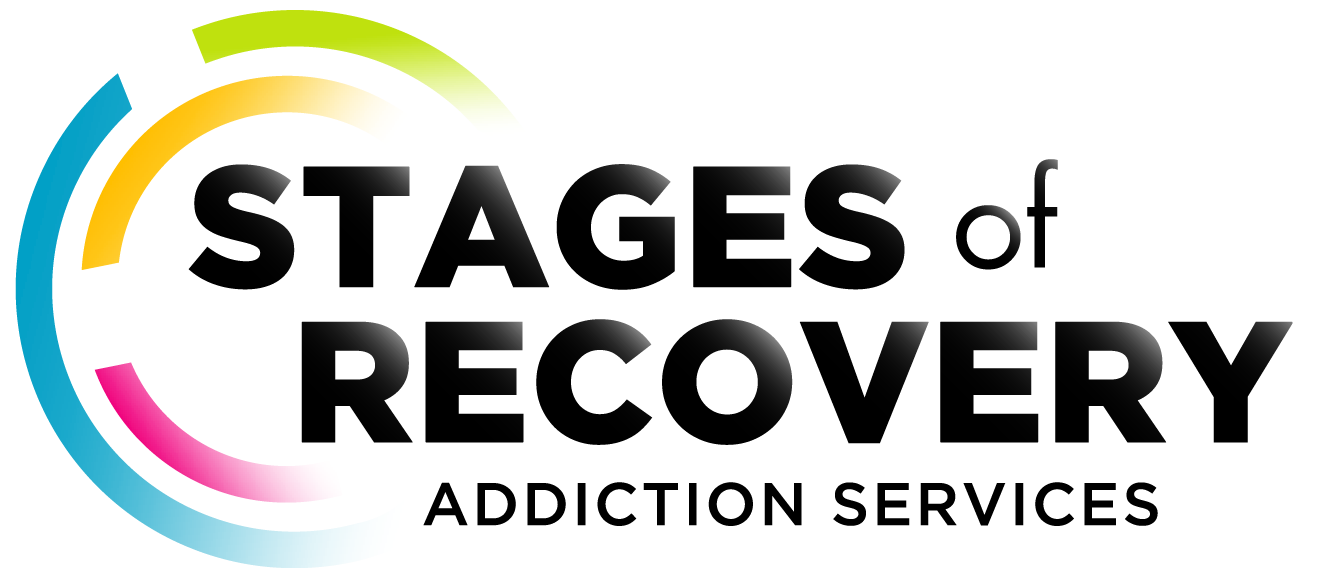Addiction in the workplace poses many potential problems for businesses. Of course, the main threat is chaos within the work environment and business system. However, chaos plays out in various ways for businesses and, like families, affects more than just the addict and the business as an entity. It is toxic to the entire system and all those working within and relying on it.
This trickle-down effect creates resentment, decreased productivity, shatters morale and ultimately causes a lack of respect for management, employers, business owners and the company itself. Additionally, it generally creates an unsafe work environment. Though there may not be direct physical threats on individuals as a result of addiction in the workplace, there are negative emotional/psychological ramifications for non-addicted employees which often leads to poor performance and eventually resignation or termination.
The potential loss of valued employees and overall shift in the internal view of the company, its mission and founders is just the tip of the iceberg. There are external risks to consider as well. Companies rely on their employees to maintain and operate the business. But, it is the consumers, clients, customers, etc., who fortify the company with the means to operate and employ those individuals. If representation becomes tainted by way of addiction and the aforementioned negative effects, the reputation of the company is suddenly in question and financial support is easily lost.
The point is simple: Addiction is a disease, and disease spreads.
The toxicity either climbs the corporate ladder and eventually negatively impacts even those far removed from the reaches of the addicted employee or spirals downward, knocking off each rung of the ladder on its way down. Ultimately, the company plummets to rock bottom alongside the addict. In other words, nothing good comes from addiction in the workplace, so there’s never a good or justifiable reason to enable or allow it to continue.
Though the latter seems obvious to most, many employers and businesses find it difficult to terminate an employee based solely on the presence of addiction. Considering the fact that addiction is generally viewed and referred to as a disease, they find it troubling—both legally and personally—to dismiss someone from their professional duties based on the realization of the onset of an illness.
However, like any other disease, if left untreated, addiction will advance and worsen. As such, it is important for business owners and employers to realize that continuing to employ an active addict or alcoholic is no different or less enabling than employing a person with untreated, advanced diabetes. Moreover, for a business owner, it is a form of self-sabotage.
The physical and mental health of an individual directly affects their ability to show up, be mentally present, perform required tasks and perpetuate and participate in the positive forward movement of the company. Additionally, poor physical and mental health creates risk for not only the addicted employee but other staff members as well. The risks far outweigh any short-term perceived benefits of enabling active addiction in the workplace.

























